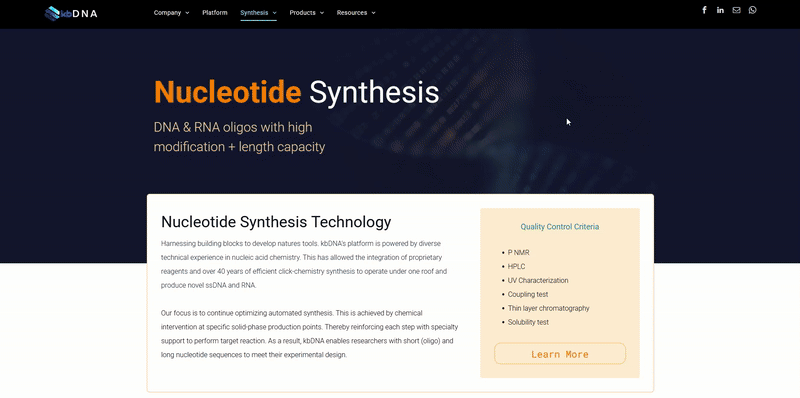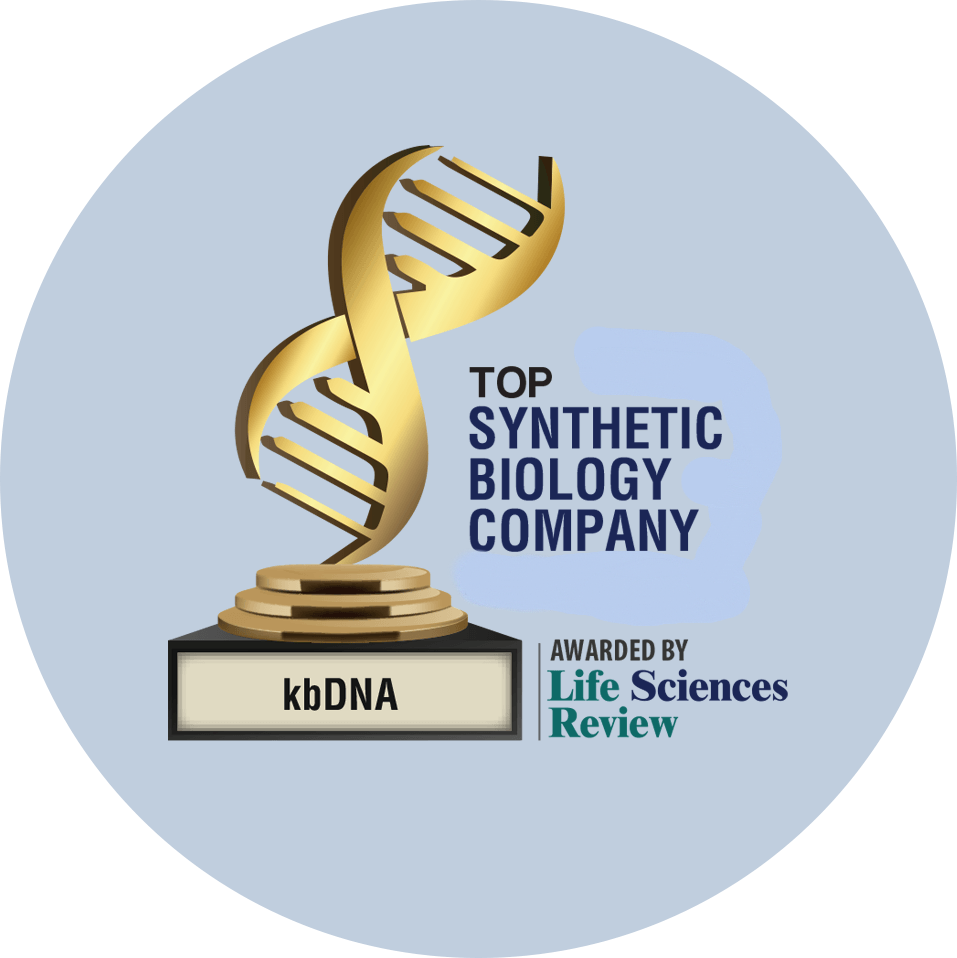High density lipoprotein deficiency 2 (HDLD2) [MIM:604091]: Inherited as autosomal dominant trait. It is characterized by moderately low HDL cholesterol, predilection toward premature coronary artery disease (CAD) and a reduction in cellular cholesterol efflux. Note=The disease is caused by mutations affecting the gene represented in this entry.; High density lipoprotein deficiency 1 (HDLD1) [MIM:205400]: Recessive disorder characterized by absence of high density lipoprotein (HDL) cholesterol from plasma, accumulation of cholesteryl esters, premature coronary artery disease (CAD), hepatosplenomegaly, recurrent peripheral neuropathy and progressive muscle wasting and weakness. Note=The disease is caused by mutations affecting the gene represented in this entry.; Note=APOA1 mutations may be involved in the pathogenesis of amyloid polyneuropathy-nephropathy Iowa type, also known as amyloidosis van Allen type or familial amyloid polyneuropathy type III (PubMed:3142462 and PubMed:2123470). The clinical picture is dominated by neuropathy in the early stages of the disease and nephropathy late in the course. Death is due in most cases to renal amyloidosis.; Amyloidosis 8 (AMYL8) [MIM:105200]: A form of hereditary generalized amyloidosis. Clinical features include extensive visceral amyloid deposits, renal amyloidosis resulting in nephrotic syndrome, arterial hypertension, hepatosplenomegaly, cholestasis, petechial skin rash. There is no involvement of the nervous system. {ECO:0000269|PubMed:1502149, ECO:0000269|PubMed:2123470, ECO:0000269|PubMed:3142462, ECO:0000269|PubMed:8208902}. Note=The disease is caused by mutations affecting the gene represented in this entry.












